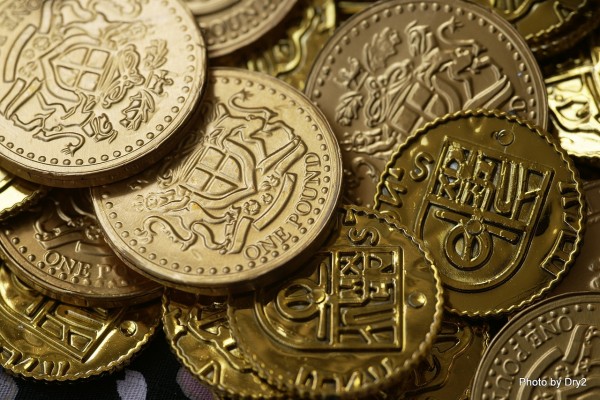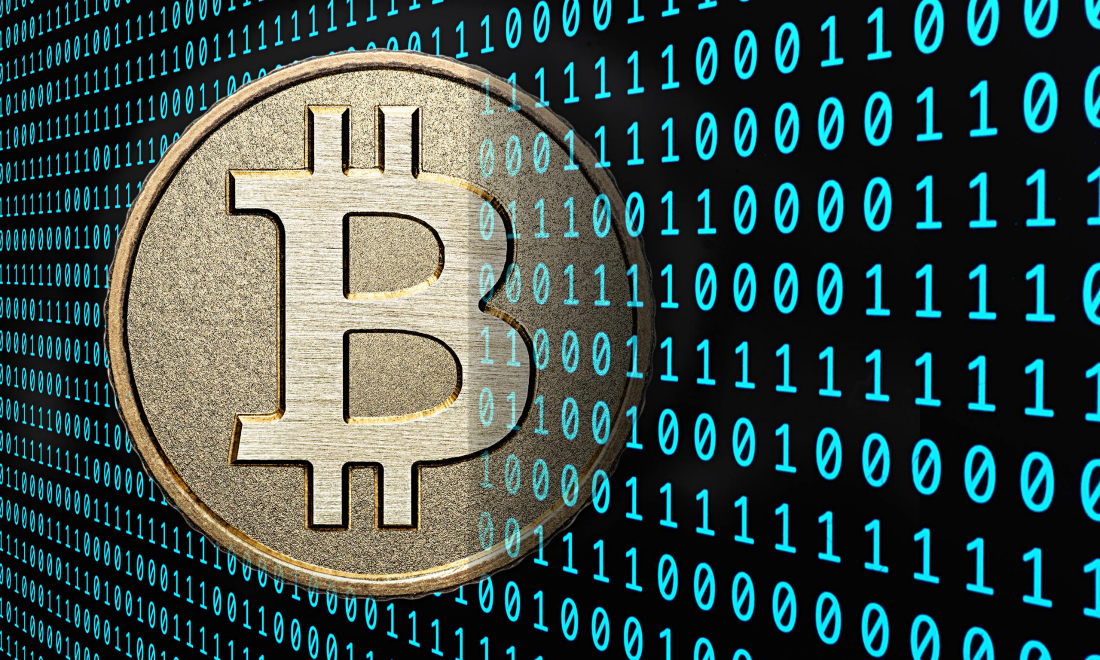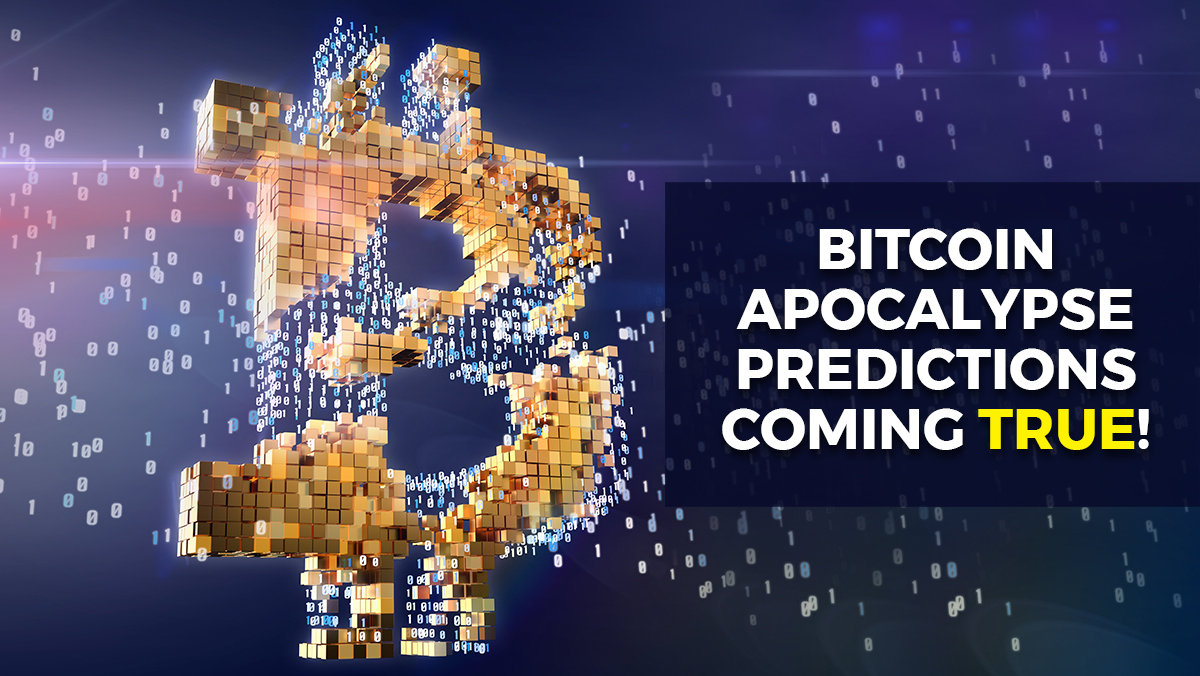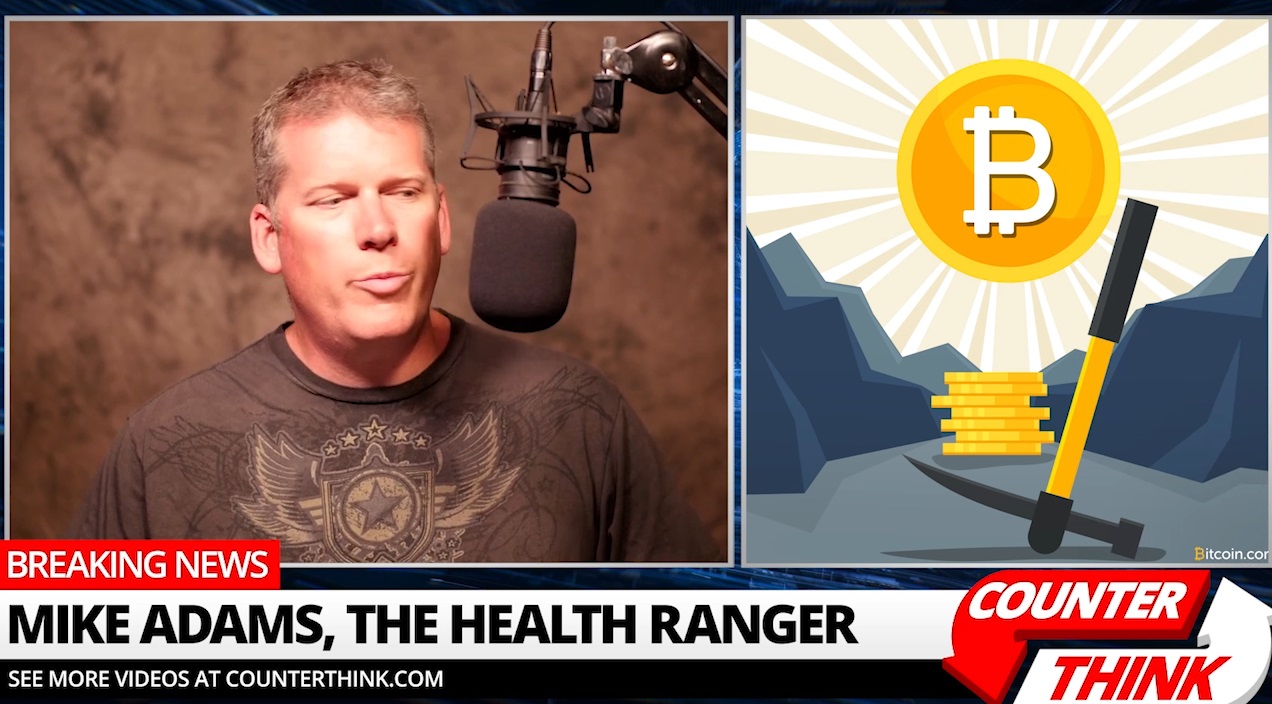Young cryptocurrency morons think they will own the world without effort… welcome to Millennial delusions gone digital
07/31/2018 / By Ethan Huff

They say that Millennials are the first generation in American history to be worse-off financially than their parents – a phenomenon that seems to have a lot to do with the predominant millennial mindset that one can become wealthy without having to work.
Perhaps there’s no better example of this than the ongoing cryptocurrency craze, which has some Millennials scrambling to capitalize on digital token technologies that promise big returns for doing basically nothing.
Some Millennials have actually had success with this approach, including Chris Kelsey, author of an article entitled, “How to Become a F**king Millionaire” that explains how his various cryptocurrency schemes made him a millionaire at age 19.
Kelsey founded an “app” development company called Appsitude that he eventually sold, immediately landing him in the millionaire’s circle. He’s since founded several other companies, including Cazza, a firm focused on developing 3-D printing technologies for building construction, as well as his own cryptocurrency company called Kelsey Coin that he designed to be a digital bank for buying and selling digital tokens.
The arrogant now-21-year-old is among the smaller pool of success stories, having landed himself a feature in the Forbes Asia “30 Under 30” list. He made it to the top – at least in his own mind – and now says he’s on his way to becoming a trillionaire.
“I became a f**king millionaire at 19,” Kelsey is quoted as saying. “I finessed my way there and I didn’t give the time of day to anyone who wanted to stop me.”
“Now I’m on my way to becoming the youngest self-made billionaire in the world at 21. I will become the world’s first trillionaire.”
.
How many Millennials have squandered their hard-earned cash on cryptocurrency and other illusory scams?
Kelsey’s egotistic view of himself is endemic of the millennial mindset – even among Millennials who are nowhere close to being millionaires like he is. Many of them are subscribers to Kelsey’s YouTube channel, which promises Ferraris, perfect breath, and blissful drug-induced euphoria – all for free and without effort.
All they have to do, these Millennials are told, is play the crypto game well and trample over anyone who gets in their way and, bam – instant wealth. It’s a far cry from what the mindset of their parents and grandparents, who recognized the importance of doing real work that creates value – and more importantly, doing it honestly and with dignity.
There’s absolutely nothing dignifying about the toxic mindset of Kelsey, who’s authored articles stating that it’s okay to lie to other people, but never to oneself (whatever that means). Kelsey also says that anyone who hasn’t “arrived” like he apparently has is a “loser.”
It’s a self-congratulatory, self-promoting, new-breed form of narcissism that’s leading many other Millennials down a path of failure and destruction. There’s no free lunch, and there’s certainly not enough fake digital money in the world to make every deluded Millennial who buys into Kelsey’s siren song rich and famous.
That’s why some have referred to Millennials as the “me, me, me” generation – meaning they tend to be self-centered, entitled halfwits who buy into any get-rich-quick scheme that comes their way. Part of the problem is the way that many of them were raised, believing themselves to be special snowflakes whose success in life would be handed to them on a silver platter.”
“Some of them got into honours classes, not because they deserved it, but because their parents complained,” says leadership consultant Simon Sinek.
“(They were) thrust into the real world and in an instant, they find out they’re not special, their mums can’t get them a promotion. And by the way, you can’t just have it because you want it.”
Sources for this article include:
Tagged Under: bitcoin, cryptocurrency, digital currency, easy money, effort, entitlement, ignorance, laziness, me generation, millennials, millionaire, narcissism, risk, schemes, self-centered, technocrats, trillionaire, wealth, work, work ethic









